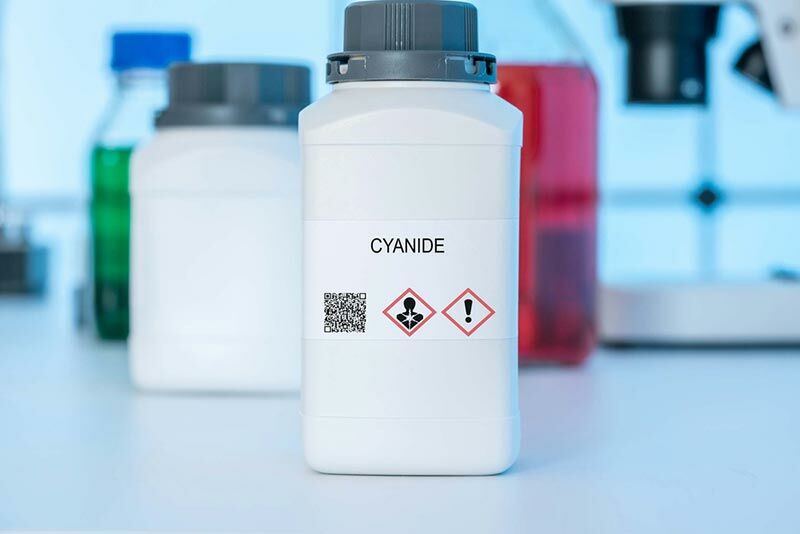Thailand’s cyanide serial murders: Company to face prosecution for illegal import and resale

Following the shocking cyanide serial murders in Thailand, authorities have announced their intention to prosecute a company involved in the illicit importation and resale of cyanide to retailers. The police officially confirmed that the Thai cyanide serial killer, Sararat “Am” Rangsiwuthaporn, claimed a total of 15 victims, tragically resulting in the loss of 14 lives due to the deadly toxin. Adding to the complexity of the case, Sararat’s lawyer, Thannicha “Patch” Ek-suwannawat, has been implicated for allegedly aiding Sararat in concealing and tampering with evidence.
In a recent development, a relative of a deceased police officer has come forward, urging for a deeper investigation into the possibility that the officer may have been Sararat’s 16th victim. However, specific details regarding the progress of this particular case have not yet been disclosed to the public.
Alongside their efforts to uncover Sararat’s actions and identify the victims, law enforcement officers are tirelessly working to trace the origins of the cyanide substance acquired by the killer. This ongoing investigation has led them to a company engaged in the resale of imported cyanide, although the precise identity of the company remains undisclosed at this time.
Deputy Commissioner of the Royal Thai Police (RTP), Surachate “Big Joke” Hakparn, disclosed that the company in question illegally imported a total of 1,600 bottles of cyanide, with 100 of them being distributed among six different retailers. All of these retailers sold the deadly substance online through e-commerce platforms, and it was discovered that Sararat was one of their customers. Shockingly, it has been revealed that nine individuals purchased cyanide online and utilized it to tragically end their lives.
In light of the evidence gathered Big Joke affirmed that authorities possess sufficient grounds to press charges against the company and the six retailers involved. The officers are fully committed to conducting a comprehensive investigation into the company’s activities and will subsequently submit their findings to the Department of Industrial Works (DIW). Furthermore, the DIW is expected to implement measures aimed at preventing similar incidents from occurring in the future.
Under Thai law, cyanide is classified as a controlled dangerous substance in Category 3. Importation and usage of cyanide are only permitted for specific groups of individuals and companies, such as laboratories or metal and gold plating plants. The unlawful activities surrounding the cyanide importation and distribution have exposed a critical breach of regulations and public safety.
Latest Thailand News
Follow The Thaiger on Google News:


























